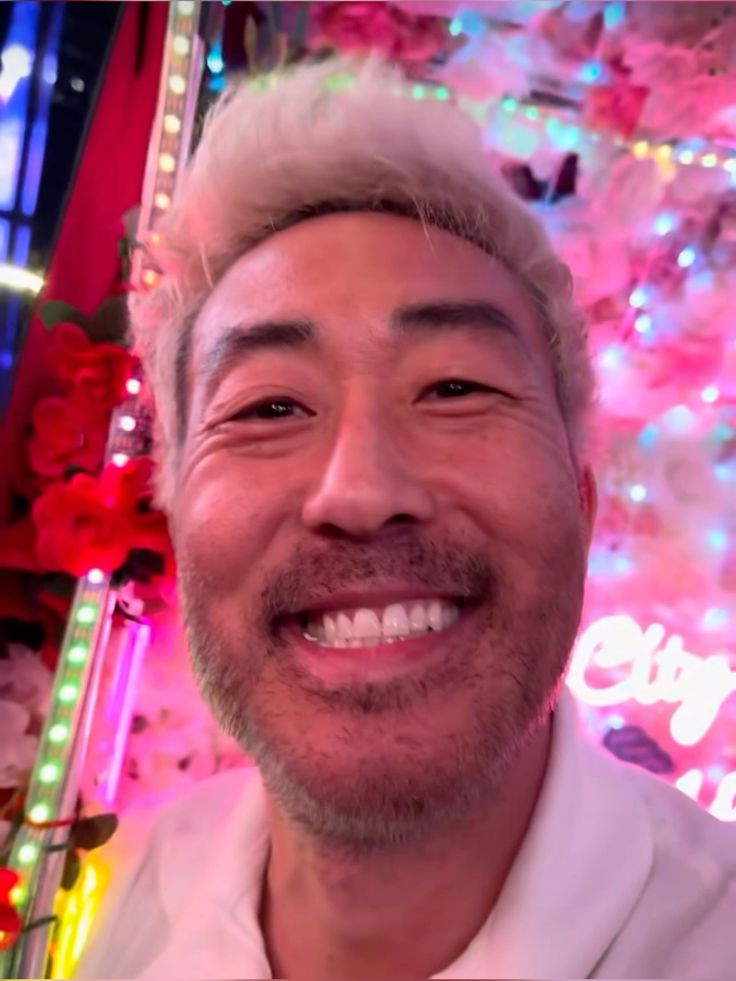
I don’t know what they plan to do, but they need to pull a “Bobby Ewing on ‘Dallas’ dreamed it all,” the li’l autistic boy with the snow globe “St. Elsewhere” it, or, as someone said, have Bobby float down in a bubble with Glenda, The Good Witch. Whatever! Just get Bobby back on 9-1-1.
When we talk about television characters who leave an unforgettable mark, Bobby Nash from 9-1-1 stands out in a league of his own. He isn’t just another fictional firefighter—he’s the heartbeat of the series, the anchor of his team, and the emotional compass for millions of fans. The truth is, Bobby’s character resonates so deeply that his impact crosses age, race, culture, and even personal backgrounds. But here’s the big question: did the powers that be truly understand how beloved Bobby Nash is? Let’s dive deep into why his presence is irreplaceable and why audiences feel such a strong connection to him.
Who Is Bobby Nash?
Bobby Nash, portrayed by Peter Krause, is the captain of Los Angeles’ Station 118 in the hit drama 9-1-1. Beyond being a leader on the job, Bobby is a man haunted by past mistakes and personal tragedy. He carries the heavy weight of guilt and redemption, but that vulnerability is exactly what makes him so relatable.
Unlike many television leaders who seem untouchable, Bobby is deeply human. His battles—whether with grief, addiction, or forgiveness—mirror struggles real people face every day.
Why Bobby Nash Resonates With Everyone
Bobby’s character cuts through barriers. Why? Because his journey isn’t limited to firefighting. He’s a symbol of resilience, healing, and the power of second chances.
-
Older generations admire his wisdom and steady leadership.
-
Younger viewers connect with his vulnerability and his fight to rebuild himself.
-
Fans across cultures see themselves reflected in his struggles with guilt, family, and redemption.
It’s not about age or race—it’s about humanity.
The Human Side of a Hero
What sets Bobby apart from other TV captains is his emotional depth. He isn’t flawless. He makes mistakes. He doubts himself. And in those moments of weakness, audiences see their own lives reflected back at them.
Instead of being an untouchable superhero, Bobby represents the very essence of being human: strong yet fragile, brave yet broken, flawed yet worthy of love.
Bobby’s Story of Redemption
One of the most powerful arcs of Bobby Nash is his backstory—how he lost his family in a fire caused by his own struggles. That devastation could have destroyed him completely. Instead, Bobby chose to rebuild his life, piece by piece, by saving others.
His leadership at Station 118 isn’t just about commanding a crew. It’s about honoring the memory of his loved ones while giving others a fighting chance at survival.
The Emotional Anchor of Station 118
Every team needs a center, and Bobby Nash is that anchor. His calm presence during chaos keeps the team grounded. When others spiral, Bobby is the one who steadies them.
Whether it’s guiding Buck through his recklessness, supporting Athena through her battles, or mentoring Hen and Chimney, Bobby’s influence extends beyond the firehouse walls.
Why Fans Feel Protective of Bobby Nash
Ask any 9-1-1 fan, and they’ll tell you—Bobby isn’t just a character, he feels like family. People root for him, cry with him, and even fear losing him.
The thought of Bobby being written out or sidelined strikes a chord because he represents more than entertainment—he represents hope, resilience, and love.
Crossing Barriers: Love Without Limits
Bobby’s character transcends identity. It doesn’t matter where you come from—his pain, growth, and courage resonate universally.
-
For parents, his grief and redemption story hits home.
-
For those battling addiction, his struggles mirror reality.
-
For survivors of loss, his resilience offers healing.
This universal relatability is what makes Bobby Nash a character who speaks to everyone.
The Importance of Representation Through Emotion
Representation in TV often focuses on race, gender, or sexuality—and rightfully so. But emotional representation is just as powerful. Bobby represents the millions of people silently carrying grief, addiction, and guilt. Seeing him rise from those ashes is not only comforting but empowering.
A Father Figure On and Off Screen
Bobby’s relationship with Athena and her children showcases his ability to step into a father figure role with compassion and patience. His love extends beyond bloodlines, reminding viewers that family is chosen as much as it is biological.
Bobby and Athena: A Love Story of Strength
One of the most celebrated aspects of Bobby’s character is his partnership with Athena. Together, they represent a mature, realistic love—two people with scars who choose each other anyway. Their bond is proof that love after loss is not only possible but beautiful.
The Powers That Be Missed the Point
Here’s where fans feel frustrated: sometimes writers or producers underestimate just how deeply beloved Bobby is. They may shift focus to other characters, forgetting that Bobby’s presence is the glue holding it all together.
Fans don’t just want action scenes—they want Bobby’s story, his heart, and his wisdom.

Why Bobby Nash Should Never Be Overlooked
In a show full of emergencies and chaos, Bobby represents something rare: stillness. He reminds us that healing is possible, that redemption is real, and that no matter how dark life gets, there’s always a way forward.
Without Bobby, 9-1-1 risks losing its soul.
The Legacy of Bobby Nash
Even if 9-1-1 runs for years to come, Bobby Nash’s legacy will remain unmatched. His story is not just about being a firefighter—it’s about being human. And that’s why people of every age, race, and background feel connected to him.
Conclusion
Bobby Nash is more than just a TV character—he’s a universal symbol of resilience, redemption, and hope. His impact goes beyond the screen, offering comfort, guidance, and inspiration to fans across the world. The powers that be may not fully grasp how beloved he is, but viewers know the truth: Bobby Nash is irreplaceable.